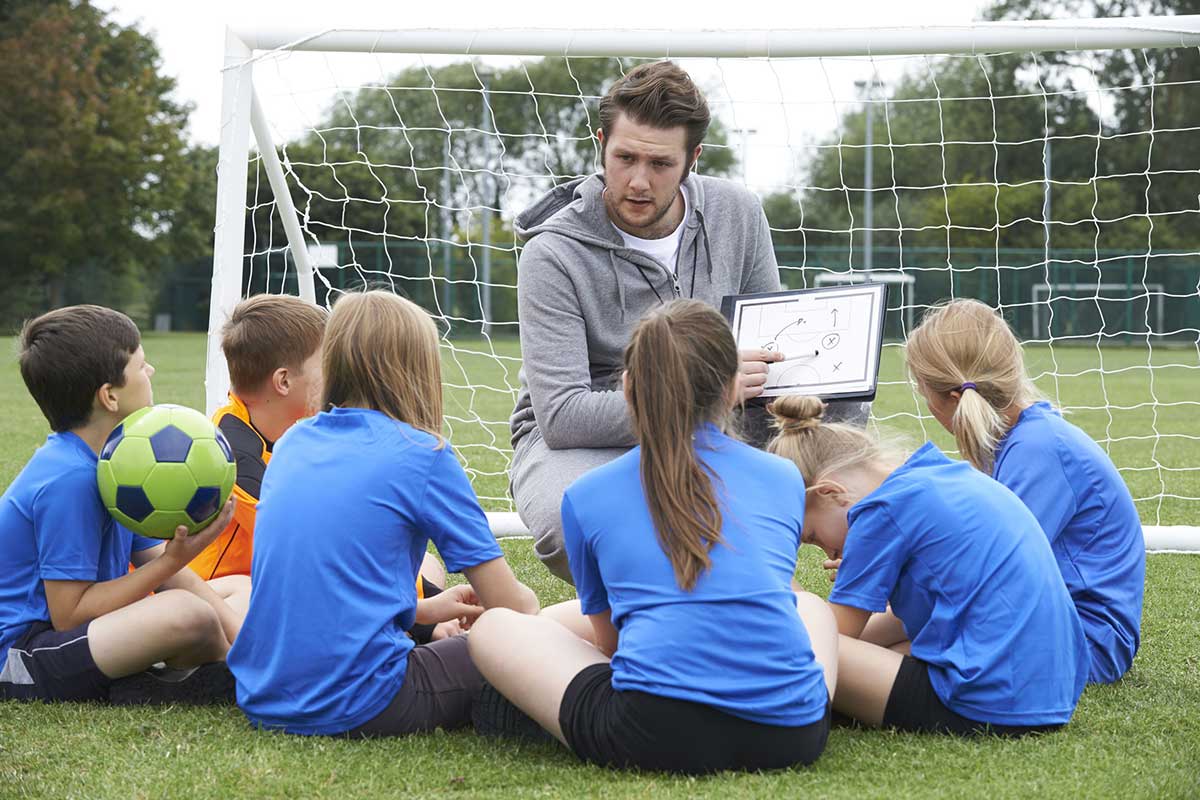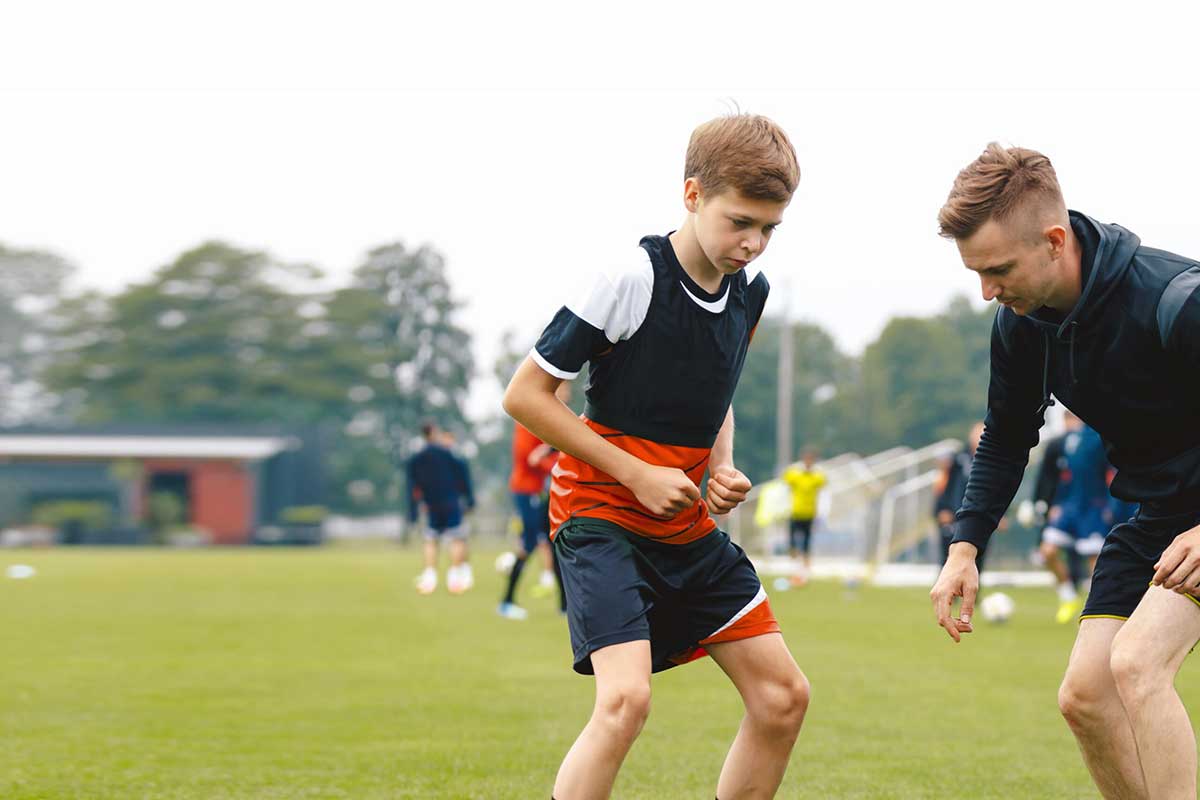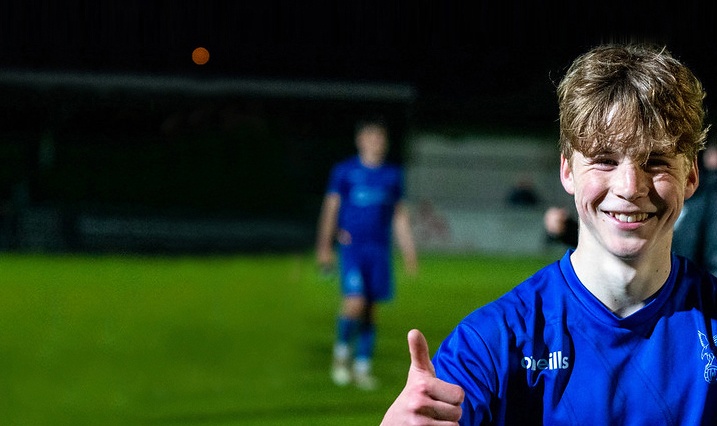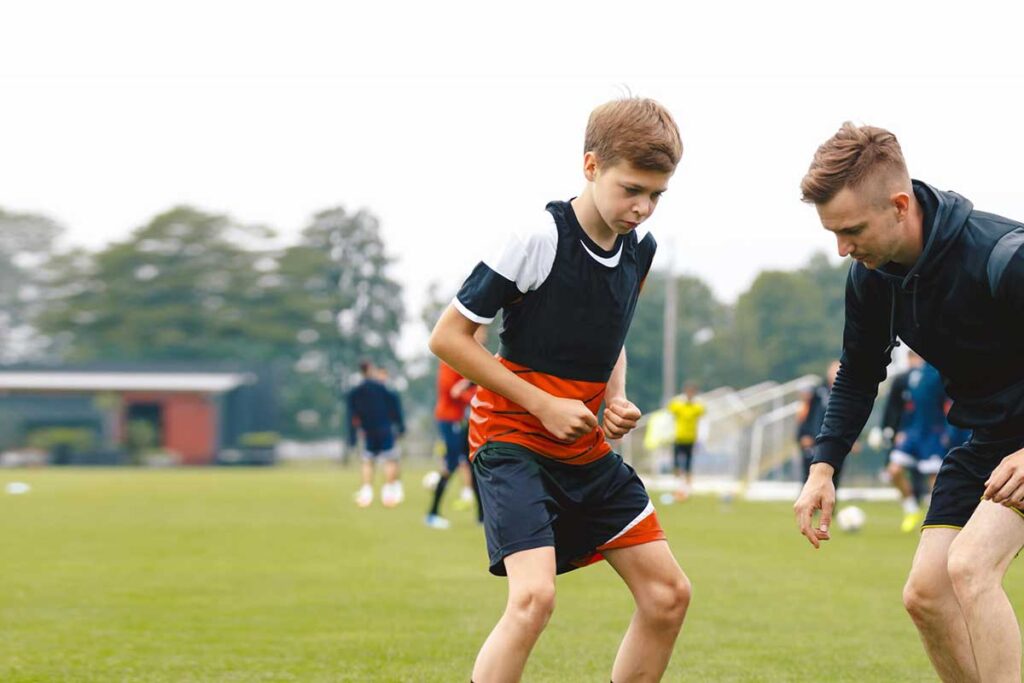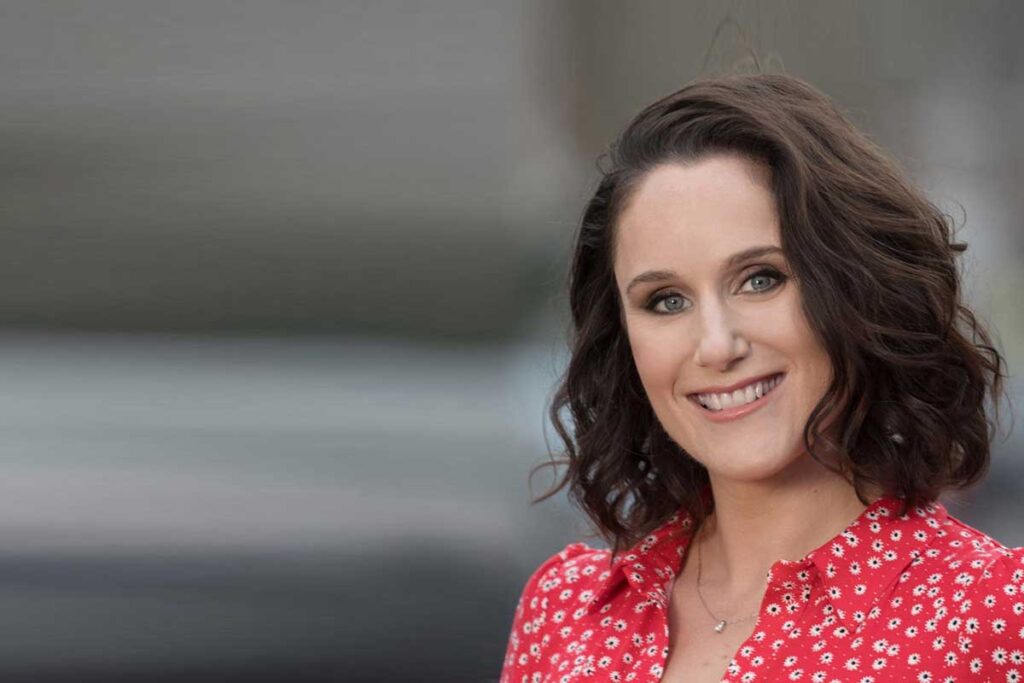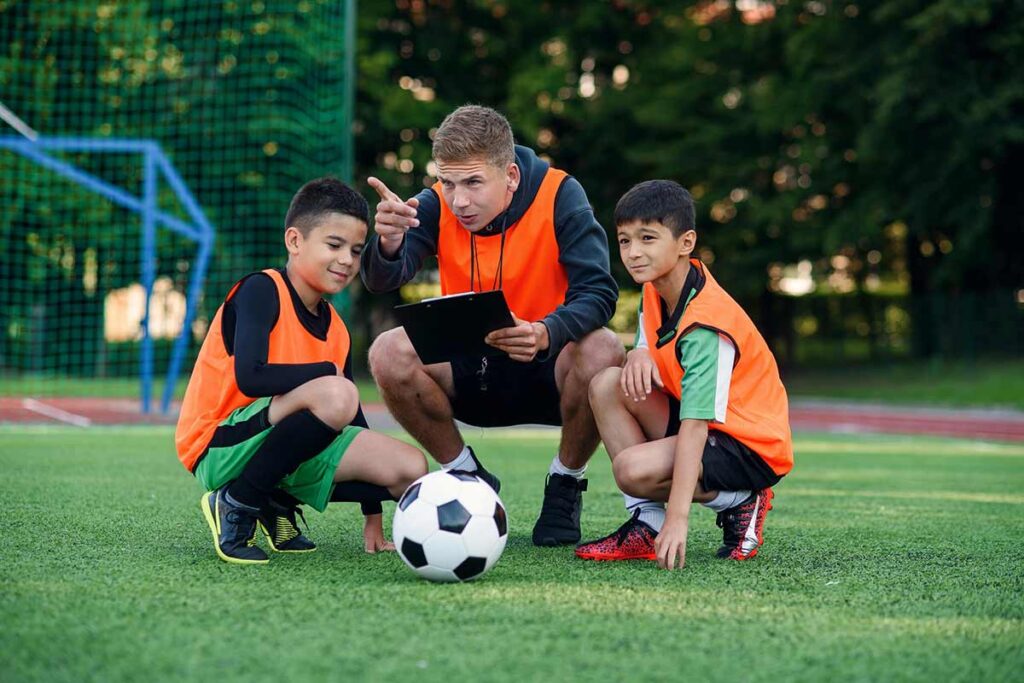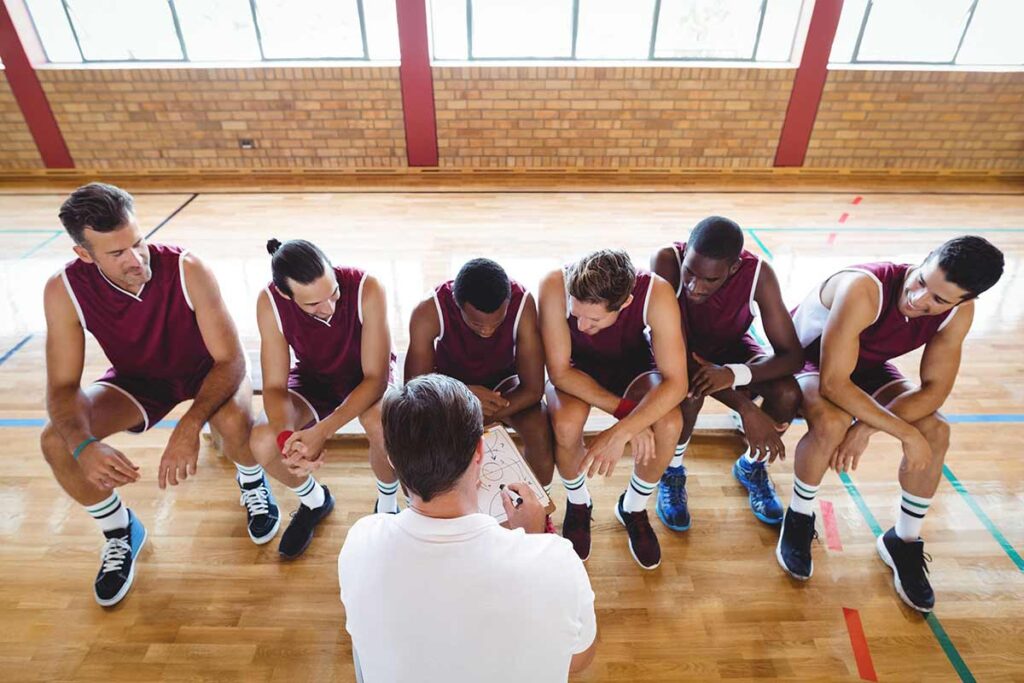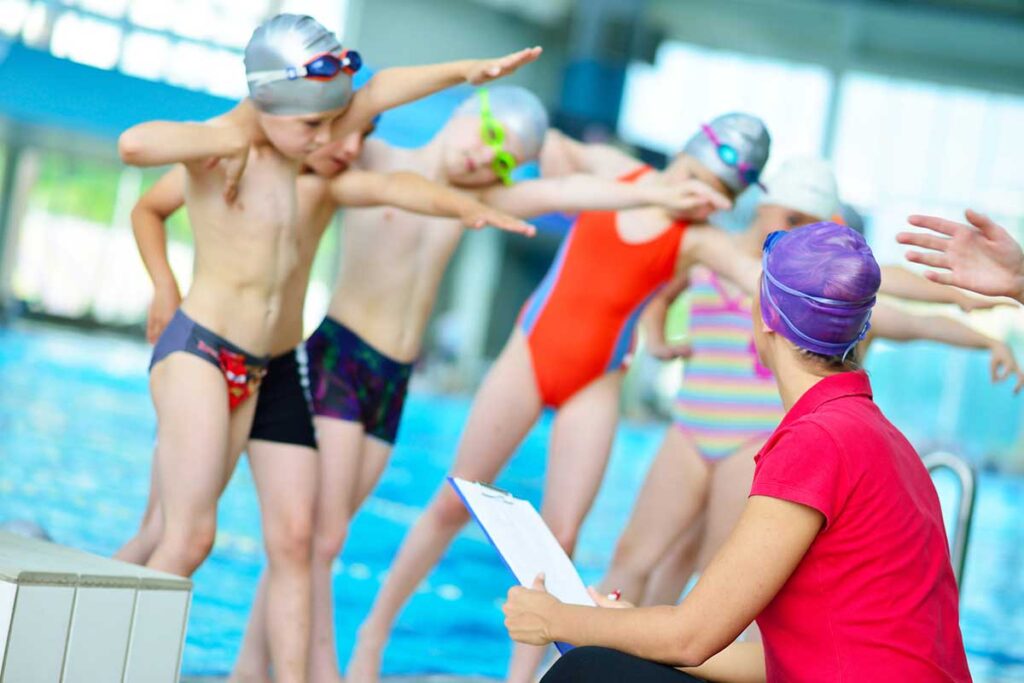There are many things in this life that seem to exist only to annoy us – the proverbial lost sock, never being able to find a pen when you want one, or your laptop conveniently freezing at a critical moment. In the context of coaching, however, nothing upsets us more than coaches talking badly about their students and others they work with. This is especially upsetting when the coach in question knows nothing of the individual’s personal story and struggles.
Such behaviour can often be seen as insecurity on the coach’s behalf. Telling other coaches and colleagues about a ‘difficult’ student and discussing why they may be underperforming, somehow makes them feel more comfortable.
The reality is different – all athletes and coaches will have their struggles. Regardless of who we are, we all have a story, we are all facing different challenges on a daily basis, and more importantly, none of us is perfect.
Progress Is Relative When It Comes to Coaching
Even the best coaches in the world will have been down this road, feeling the same insecurities and having these same conversations with their peers.
Few will disagree that coaching in a club environment is a steep learning curve. However, it is the way you approach it that will help you be the coach that makes a difference – becoming the coach that enjoys sharing in a student’s struggles and helping them overcome them.
Progress should be seen as relative to the ability of the athlete with the end goals set accordingly: international representation may be out of the question, but qualifying for national competitions would be achievable.
You’re Only as Strong as Your Weakest Link
So, how do you determine your weakest link?
Most would say it is the pupil with the lowest level of ability, the one deemed to have the least talent for the sport. Yet if we flip this and consider that this person may have overcome significant personal challenges just to train or even compete, then you should consider them your strongest link.
As a coach, your role is to help your pupils achieve their full potential – not for them to fulfil your own coaching aspirations. To make significant progress after overcoming adversity and battling the odds should surely be seen as a triumph.
Being the Best We Know How to Be
It’s a human trait to be the best we know how to be – whether we are athletes or bricklayers, we are never intentionally bad at what we do. All of us want to improve and progress to some degree.
Performances can go disastrously wrong and athletes of all ages and skill levels will find some skills harder to learn than others. This means, occasionally, performances may lack the quality you had hoped for. It is these challenging moments that need to be accepted as part of the journey, not gossiped about behind the scenes with colleagues.
Remember, the quality of the performance is not always a reflection of the quality of your coaching. It IS coaching.
Being a coach means your first priority is to give support to your students through times of adversity, overcome hurdles, and deal with the challenges the sport throws their way. This support is key to forming a good relationship.
Not every budding athlete will make it to the Olympics. The sooner coaches accept this, the sooner they will enjoy the process of teaching and the achievements made at all levels. Every pupil will face challenges – it is just part of the journey you go on, so make it an enjoyable one for both yourself and your students.
Contributor – Nick Ruddock, LoveAdmin’s resident Coaching Expert and ex-Team GB National Coach.
At LoveAdmin, we want to help you succeed with your coaching by spending less time on admin and more time coaching the athletes in your charge – book your FREE demo of the software today.
